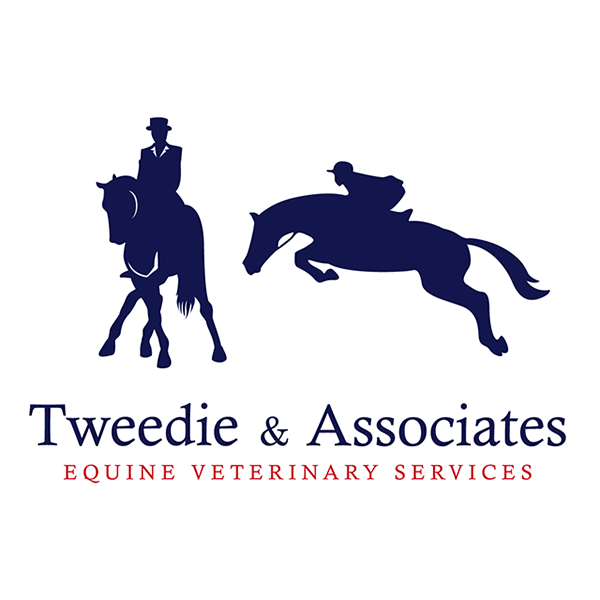Castrations
Castration operations undertaken by our veterinarians can be done standing or under general anaesthetic. Routine castration appointments are available Monday to Thursday and a suitable date and time can be arranged by contacting our office.
Please download and complete the Tweedie & Associates Castration Consent Form from our website.
1. Please return the form to our office by fax or email.
2. Please note that castrations cannot be undertaken by our veterinarians without a completed and signed castration consent form.
FREQUENTLY ASKED QUESTIONS
FAQ’s
▾ When should I castrate my colt?
Colts are traditionally castrated in the spring of their yearling year, however, they may be castrated earlier or later in life. The best times of the year to perform the castration operation are Spring and Autumn, the aim being to avoid the wet muddy conditions of Winter and the large numbers of flies in Summer.
▾ Should I castrate my colt if he only appears to have one testicle?
Cryptorchidism is the absence of one or both testicles from the scrotum. Failure of one testicle to descend into the scrotum is one of the most common birth defect seen in horses. You may hear of horses with one testicle described as ‘rigs’.
Both testicles must have descended into the scrotum for a colt to be castrated in the field. The cost associated with castrating a cryptorchid is significantly higher because the surgery most often needs to be undertaken in a hospital. For example, in some cases, the testicle will still be in the abdominal cavity, and the surgeon will need to access the retained testicle via laparotomy or laparoscopy.
In practice, we would always wait until the horse was at least 1 year of age before referring a horse for cryptorchid surgery.
Castrating only the descended testicle is not an appropriate approach to dealing with this problem because the retained testicle will still secrete testosterone and the horse will continue to demonstrate stallion like behaviour. In addition, retained testicles are at a higher risk of developing malignant (cancerous) tumours.
▾ What are the risk associated with this procedure?
The majority of castrations in our clinic are done under general anaesthetic. If a standing castration is preferred, we are happy to oblige if the patient is suitable and amenable to the procedure.
In order to perform a standing castration, the horse must be big enough for the veterinarian to lean under the belly to remove the testicles. So, no minature horses!
Standing castrations also carry a higher risk of injury to the veterinarian so the horse must be very well handled and have good ground manners to be a suitable candidate for standing castration.
Book a Castration Appointment
info@tevs.com.au
03 59775250
Somerville, Victoria


